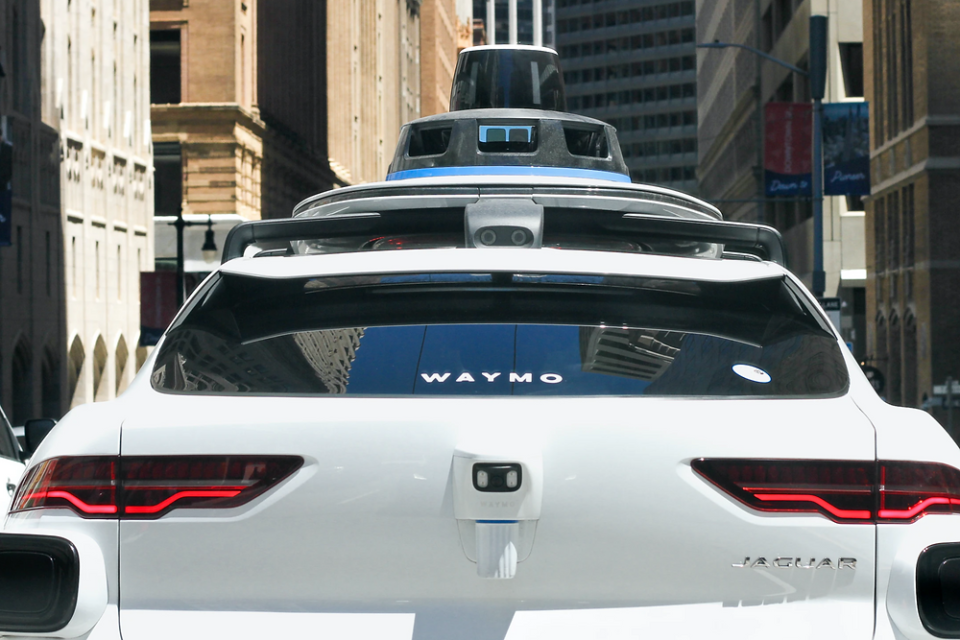
During the second day of the Automated Vehicles Bill Committee debate, Baroness Randerson expressed concerns and insights regarding the implementation and impact of self-driving vehicle technology.
The debate, praised for its forward-thinking approach, highlighted key issues surrounding this emerging technology, particularly its potential impact on rural areas and the state of current infrastructure.
Baroness Randerson emphasised the need for a comprehensive plan to ensure rural areas also benefit from the advancement in automated vehicle (AV) technology. She expressed concern that these areas might be the last to reap the benefits of such advancements without strategic planning.
A key point of contention raised by Baroness Randerson involved the government’s stance on the readiness of current road infrastructure for AVs. She challenged the Minister’s assertion that self-driving vehicles should be able to operate on existing roads without additional costs. This view contrasts with the perspective of those within the AV industry, who believe significant changes to road infrastructure are necessary for the effective operation of these vehicles. The current state of infrastructure, she argued, might only allow for very limited implementation of AVs, such as robo-taxi systems in certain urban areas, rather than a widespread rollout.
Drawing parallels with the government’s approach to electric vehicle charging infrastructure, Baroness Randerson expressed concerns about the government’s reliance on market forces and competition, suggesting that this approach had previously led to delays in the deployment of charging points and, consequently, the adoption of electric vehicles.
Furthermore, Baroness Randerson highlighted a discrepancy between the Government’s understanding of the Bill’s scope and the interpretation by the clerks of the House. She pointed out the impracticality of including delivery robots in the Bill if their operation is confined to highways, as these robots typically need to deliver to locations off the main roads.
The debate underscores the complexities and challenges of integrating new technologies like automated vehicles into existing systems and the importance of comprehensive planning and government involvement to address these challenges effectively.
Baroness Randerson said: “This has been a good debate, with some important points raised. It is a good example of us trying to think positively, outside the box, about the important issues that this new technology will raise for us all. I just pick one raised by the noble Lord, Lord Cameron, which is the potential to benefit rural areas. I fear that they will probably be the last areas to benefit, unless there is a proper plan. That is the sort of thing we should rightly be doing here at this stage of the Bill. However, having listened carefully to the Minister, I will look very carefully at Hansard, because he said some interesting but worrying things.
“First, he said that self-driving vehicles must be able to operate on the roads as they are today. I will take that away and think about it, because the Minister is arguing there will be no cost. I have to say this is not the way those involved in the technology behind this new industry see the future; they do not think along those lines. The AV industry considers that there will have to be changes to our roads for its vehicles to operate in anything other than the most limited manner. Of course, there will be areas where you could run a robo-taxi system over a few hundred yards, or perhaps establish a public transport system in some modern areas of a city centre, but it is not going to be a general thing that can be done without considerable change. Indeed, it is not the experience of the experiments taking place in San Francisco, where failures in the system have been very much linked, on occasions, with the state of the infrastructure.
“I am afraid that the Government are driving themselves into a cul-de-sac on this one. There are parallels with the Government’s attitude to electric vehicle charging points. Over the years since that change began to happen, the Government have told us that the market will decide; that competition is king and that government do not have a role in leading on this. That did not work, and there are reasons why we are behind so many other countries in the rollout of electric vehicle charging points, and therefore the sale and development of electric vehicles—that part of our economy—and of course the manufacture of the vehicles to service that economy. The Government need to look carefully.”



